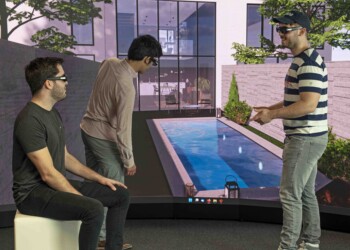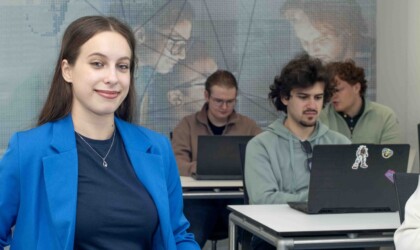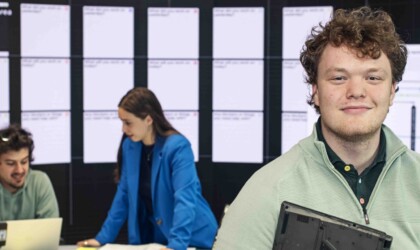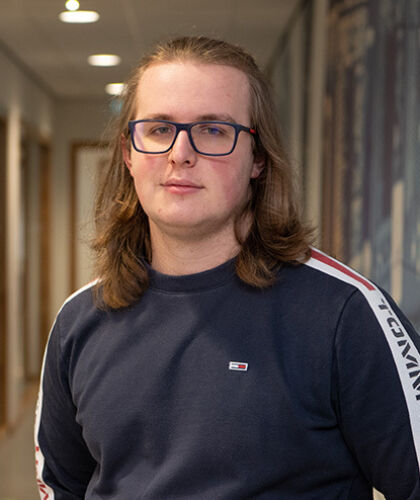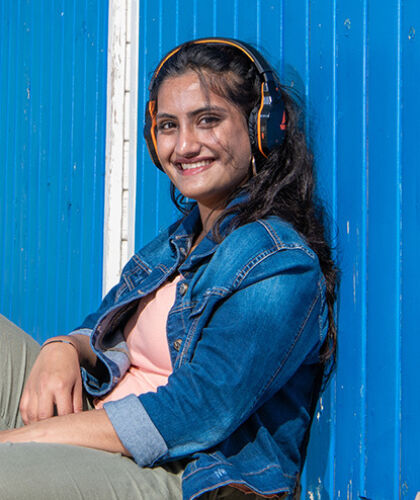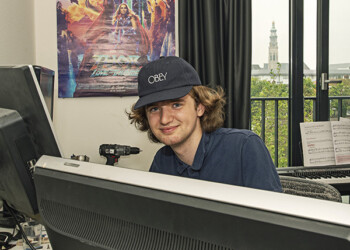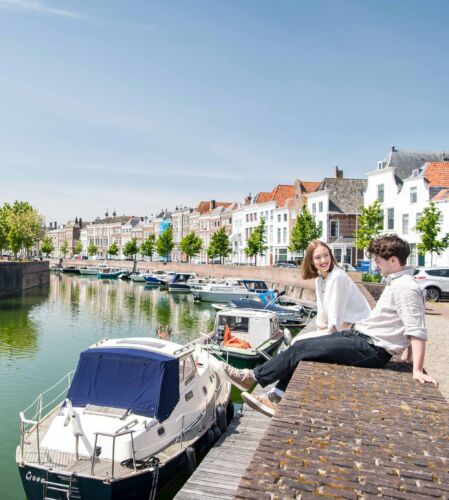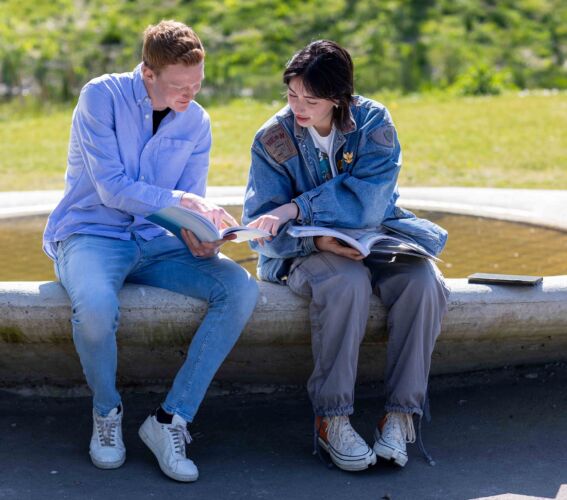Binge watching a series on Netflix, use WhatsApp or listening to Spotify? This is all possible thanks to IT!
Making developments possible
We live in a connected world in which physical objects are massively linked to the internet. Think of a security camera that sends a message to your smartphone when a person walks through your garden. Or AI (artificial intelligence), where a self-learning algorithm learns whether it is safe to cross a street. IT is the field that makes these developments possible and creates them.
Discover which direction suits you best: technical or business
IT often involves programming and system management. But it is so much more than that. Brainstorming about a good software solution for a customer, coming up with a cloud solution, building a new application, collecting and interpreting data to advise a company or tackling cyber security. The possibilities are endless. Whether you want to develop in the direction of the business side or the technical side. In the course of your studies we will help you to discover which direction suits you best and we teach you everything about the latest technologies and trends.
Working in multidisciplinary teams
In addition to developing your own skills, you will often work in multidisciplinary teams. We do this in an agile way. This means not working according to just one described perfect approach. It does mean meeting your customer demand and being able to solve his/her problem in a fast, flexible and creative way together with your team. In precisely the same way as when you join the job market. You not only consider your projects, but also your own development as a professional.
Would you like to work in one of the most innovative and leading sectors of this moment? And do you get a kick out of technology, innovation, creativity and would you like to invent, develop or program things? Then choose for Information and Communication Technology at HZ!

